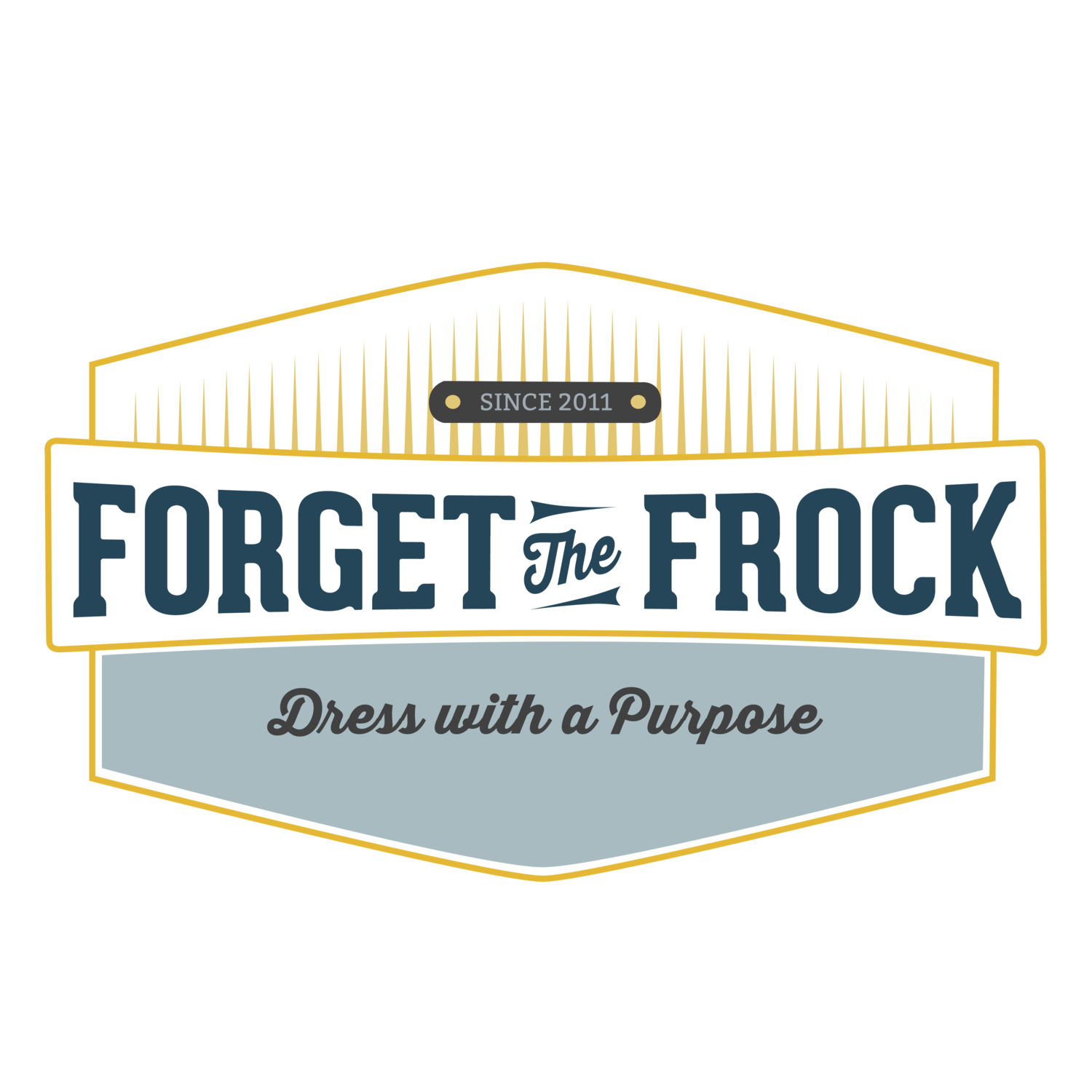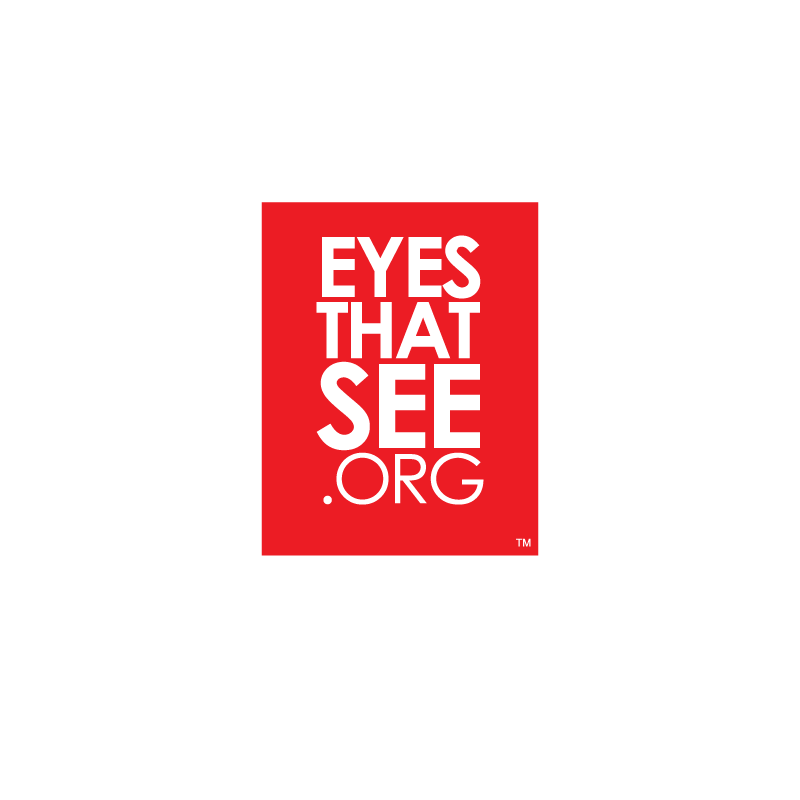It's the final day of Partner Week and today, we're talking with Nikki of Eyes that See.
Eyes That See currently works in Ethiopia with women who desire to leave the sex industry. The women live at their center, The Keziah House, where they receive rehabilitation, counseling, access to health care, clean water, daily life necessities and education through an accredited school. Upon graduating the program, women are gradually transitioned into the surrounding community and offered continual support as they enter the workforce and begin to live increasingly independent lives.
ANGELA: How do women end up at Keziah House? How do you serve them?
NIKKI: When we first got started, our staff (all Ethiopian) used to walk the streets of the brothel handing out our information. The flyer said a bit about our program, and if they were interested in changing their lives, to come check us out. Well, it didn't take long from us searching for women who needed help to end up with a waiting list of more than 200 women who had come to sign up to be in our program. It was heartbreaking to see. We no longer go out and look for the women who are needing help. They come to us. They go through an intense interview process to see if this program is right for them. Once accepted to our Keziah home, their basic necessities are provided, they are given an education at an accredited school, offered intense rehabilitation and counseling, emotional support, and job training and placement assistance. More importantly, these women are offered love and community and a chance to find redemption and regain their sense of self worth.
ANGELA: What have been some of the biggest challenges ETS has faced?
NIKKI: Unfortunately, finances have been our biggest challenge. Over the past years, there have been times we've had to postpone another class entering for a couple months due to lack of funding. That's why movements like Forget The Frock are so crucial to organizations like ours. Our funding is private, so we are grateful for this opportunity to partner again with you all.
ANGELA: How has your work with ETS impacted you personally?
NIKKI: Wow, so hard to put that into words. I'd like to think I'm a more compassionate, kind, and loving person because of my work with ETS, but then I go and see my Keziah ladies and they shatter the very definition I have of those words. They are amazing women who are so strong and brave. I look at them with envy and wish to be like them! I strive to have their confidence when they walk out of the doors of the Keziah house on graduation day. Its an amazing thing to see. The joy in their eyes comes straight from a place that only one can know when overcoming adversity and redeeming ones life.
ANGELA: When you think of the work that has been accomplished through ETS, is there a particular woman that has stayed with you?
NIKKI: That would be Eyersalem. (A smile comes on my face just saying her name.) I love her so much!! She came to us for the 4th Keziah class. She had a story similar to many others. After being admitted to our program, she went to the routine medical check that all women go to when entering the Keziah house. That is when she learned that she was 3 months pregnant. This was the first time this had come up for us at Eyes That See. Hearing the news, Eyersalem was so worried that she wouldn't be able to be a part of Eyes That See. She was certain that we would kick her out, so she was going to secretly have an abortion. Thankfully, she talked to one of our staff, who talked to our director, who talked to me and asked what our plan was. It was a new issue that was super easy to answer: of course she could stay and of course she could be pregnant and we would help her with the next steps of her journey. It was a lot to take in for me, personally. The fact that Eyersalem saw such value in Eyes that See that she was willing to do anything to stay a part of it, was just so very humbling. I remember meeting her for the first time and putting my hands on her growing belly. Seeing the joy in her eyes about becoming a new mom soon, but also finding redemption and hope without shame, is something I wish everyone could experience. I know I've said it before, but I look up to these ladies. I want to be like them someday!
ANGELA: How do you define success at ETS? How do you evaluate the work that is being done there?
NIKKI: Defining success at ETS is easy, it's in the face of each one of the 103 women who have graduated from Keziah! It's in the faces of all 30 of the children that are now Keziah children because their moms are forever a part of our lives (3 more Keziah babies coming soon!) Seeing how one of these ladies enters our program - broken down, abused, lonely, and defeated - then walking along side her as she breaks away from her past and finds freedom and healing in Christ is very real proof that this is needed in Ethiopia.
ANGELA: ETS has partnered with Forget the Frock for several years now. What were you able to accomplish as a result of the campaigns?
NIKKI: We LOVE partnering with FTF! Seriously, I get so excited when it is time to reveal the new shirts and then again when it's time to box and ship them off to the wonderful people who purchased them! We use the results of this campaign for practical things such as paying tuition: $250 pays for 6 moths tuition for just one of our Keziah ladies. And because of FTF, our last year's graduating class was able to have a fancy graduation party, where we rented out a restaurant, hung decorations, had music, and even caps and gowns for the graduates. It was a fitting way to celebrate all they had accomplished.
ANGELA: What are your dreams or goals for the coming year? What are some concrete things you’d like to see ETS accomplish? How will the funds from this year’s FTF campaign enable you to accomplish this?
NIKKI: We are in the interview process right now for filling our 7th Keziah class. The funds from this year's FTF campaign will go towards the start up cost of having those new women move in. Each time we start up a new class, it is always the most expensive time. We like to purchase a new mattress for each woman (each graduating woman gets to take her mattress with her when she moves out) some clothes, supplies, medical care, and basic needs. For every 170 FTF shirts that ETS sells, it will cover the expense of one woman for an entire year at Keziah!
ANGELA: Speaking directly to people considering buying a shirt to support ETS, what would you say to them?
NIKKI: Thank you! It's easy to scroll past something like this and not give it any attention. So thank you for taking the time to consider buying a shirt from ETS or any of these great organizations. It is extremely humbling to know that a shirt you chose to buy to put on your body will help another woman gain ownership back over hers.













